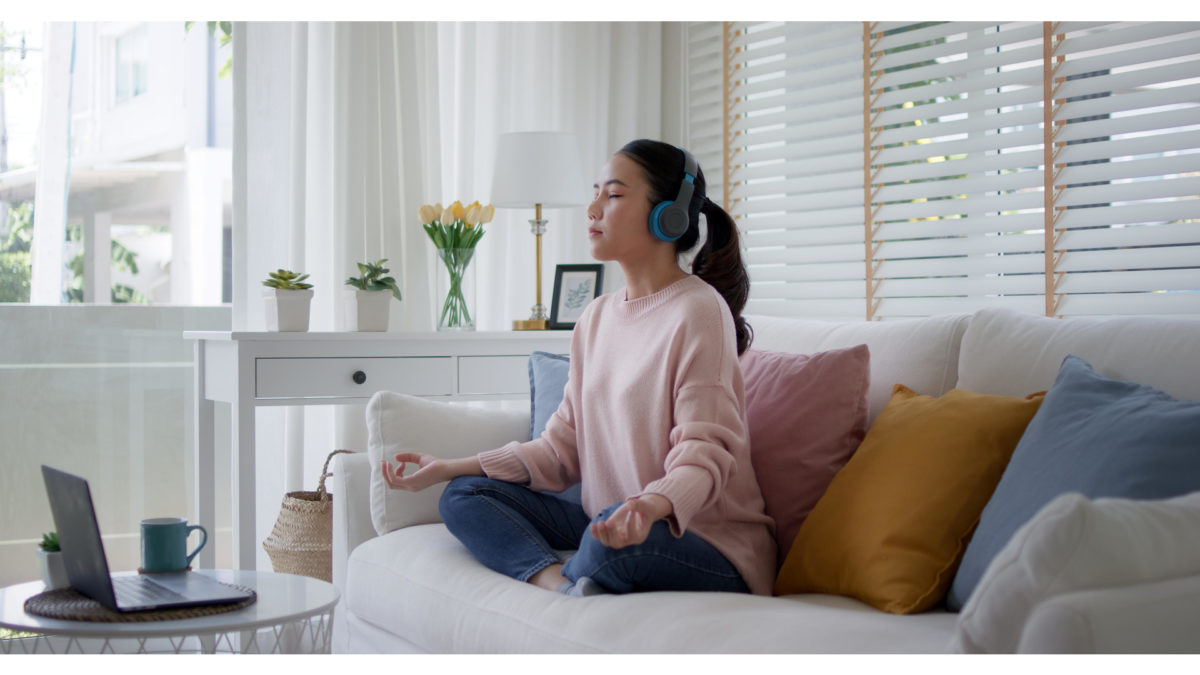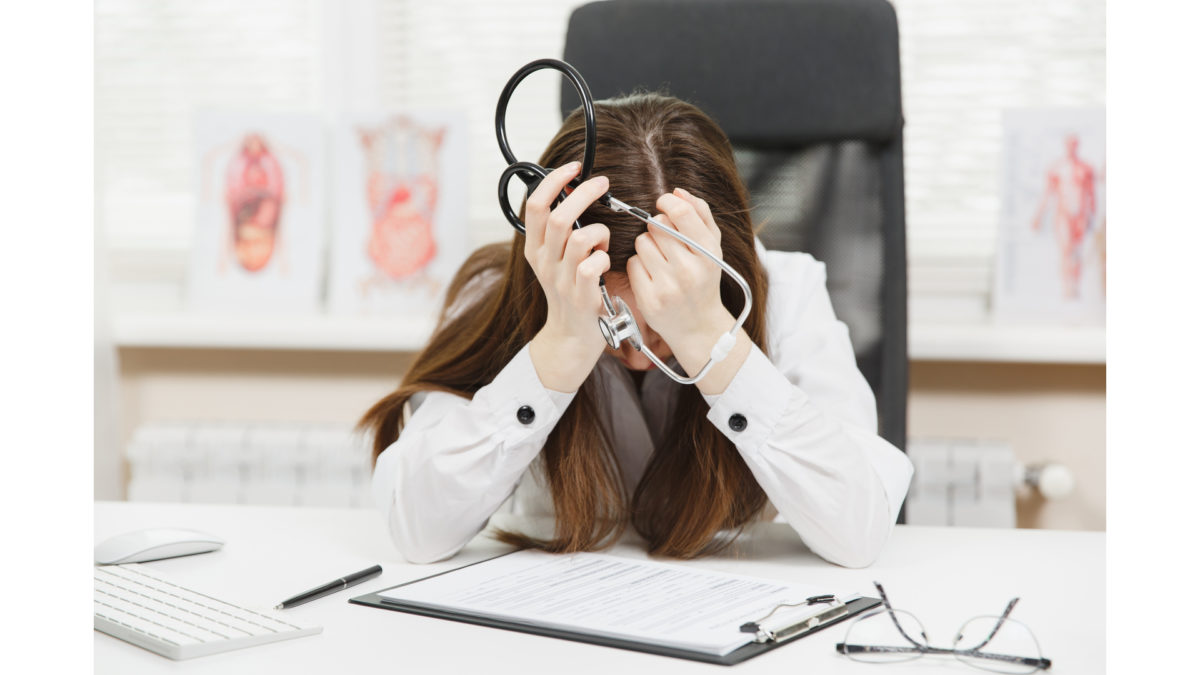Here’s an interesting wellness fact we would like to share with you: consuming more vegetables is associated with a lower risk of death! But did you know that our method of cooking vegetables usually drains them of their nutritious value?
Here is a suggested recipe that contains the recommended daily amount of vegetables to keep cancer or heart disease away:
- 8 whole kale leaves
- 1 large cucumber
- a bunch of parsley
- a head of lettuce
- 1 pear
- 1 lemon
- a large handful of spinach
- a piece of ginger.
How would you eat these? Salad? Tea? Snack? Smoothie. Not so easy to consume in one sitting. TRY JUICING! We know that employees in the long-term care industry are extremely busy and have limited time to prepare nutritious meals for themselves. Juicing can offer a perfect balance of nutrition and free time. Juicing is the easiest way to consume a large number of vegetables and fruits in one sitting; just by squeezing all different ingredients together!
In addition, the juice is much more delicious than a single vegetable dish. Furthermore, juicing accelerates the delivery of nutrients to our bloodstream, and turns out to have remarkable advantages on our body and cognitive function.
Our body is able to assimilate nutrients in 15 minutes when you have fresh vegetable and fruit juice, compared to a solid meal that may take over 2 hours! That’s because juicing is able to extract the vitamins, minerals, antioxidants, chlorophyll, enzymes and phytochemicals from solid fruits and vegetables to liquid form so our body can absorb these nutrients almost instantly.
Need some tips on juicing? Here we go!
- Thoroughly wash all vegetables and fruits before you squeeze them.
- Add more vegetables and keep fruit content low. We know fruits taste better than vegetables, but they also contain much more sugar! Try to incorporate cucumber, courgette or lettuce, they are low in sugar, but high in vitamins.
- Try to choose organic food to squeeze in order to avoid pesticide exposure.
We just shared our favourite juice recipe with you. Do you have your own exclusive juicing recipe that you find both easy to prepare and healthy? Share with CareStory in the comments…we’d love to hear!
REFERENCES:
Huffpost










